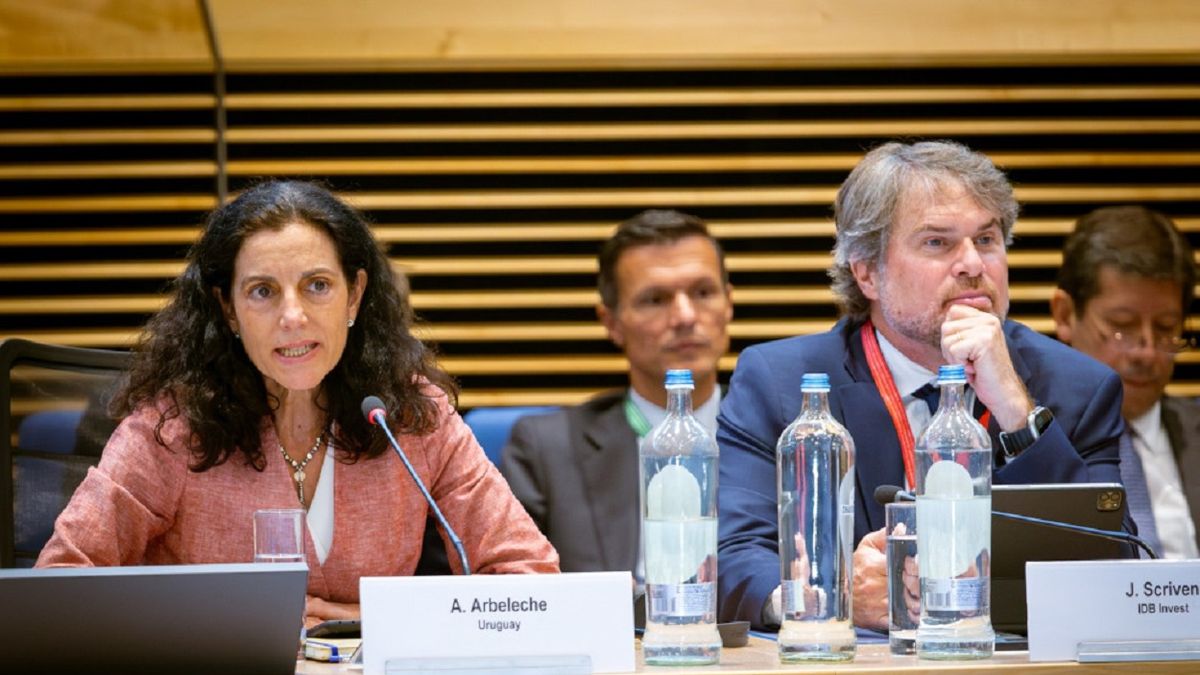The Minister of Economy and Finance Azucena Arbeleche asked “Go from words to action” in the fight against climate change, by requesting concrete actions from the countries during his intervention in the framework of the summit in Brussels between Celac and the European Union (EU).
The owner of the MEF used the concept “walk the talk” in English, as had been done on the same stage by the President Luis Lacalle Pou when referring to the agreement between Mercosur and the EU, although in this case Arbeleche called “scaling efforts” to achieve “immediate actions and long-term solutions” in the global climate emergency.
In this sense, he stated that “the developed countries should strive to meet their commitment to deploy the resources promised to the developing countries, including through subsidies through multilateral banks, to help them achieve their climate goals.”
https://publish.twitter.com/oembed?url=https%3A%2F%2Ftwitter.com%2Fmef_Uruguay%2Fstatus%2F1681763792395423749&partner=&hide_thread=false
Then, the hierarch considered that “recipient countries must show that they really mean it when they say they are concerned about climate change, based on credible actions given the goals of the Paris Agreement”. Once this was accomplished, he postulated that investors and multilateral banks “They should take on greater responsibility than simply optimizing financial returns, acting as stewards of the entire financial ecosystem.”
“All actors must have a open dialogue and accountability mutually to outline and adhere to concrete transition plans towards a low carbon economy”, emphasized the minister.
The importance of the green bond
Then, by being part of a roundtable on sustainable finance entitled “Promoting the Sustainable Bond Market”, Arbeleche valued the “strategic vision” of the country and highlighted the “innovative” Sustainable Bond Linked to Climate Indicators, which contemplates the reduction of greenhouse gas emissions and the preservation of the native forest.
In order to improve in the area, the hierarch pointed out that “in particular, the idea is that we should use the power of the positive financial incentives to encourage countries to apply sustainable policies, empowering them to integrate green conversion as part of their development strategies”.
Regarding the Uruguayan green bond, he highlighted that through a “pioneer financial mechanism”, The country’s interest rate was linked to the achievement of climate and nature goals. “We agreed with investors and banks, for the first time for this type of instrument, to reward the country by reducing borrowing costs if Uruguay exceeds its ambitious objectives”, detailed and highlighted “the political determination of the government”.
Source: Ambito




